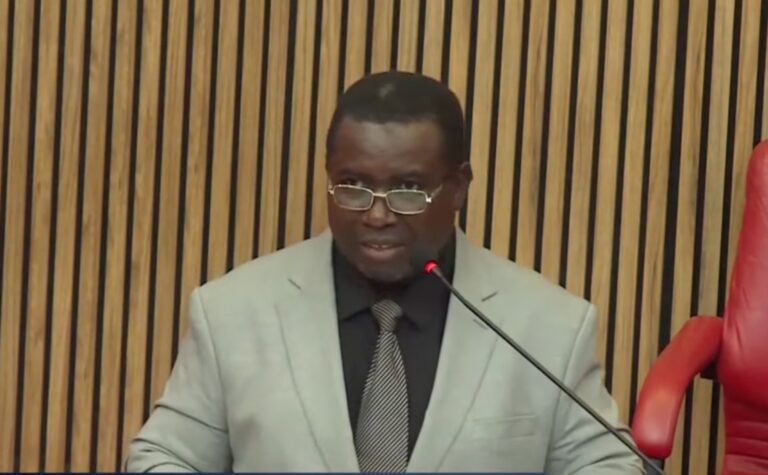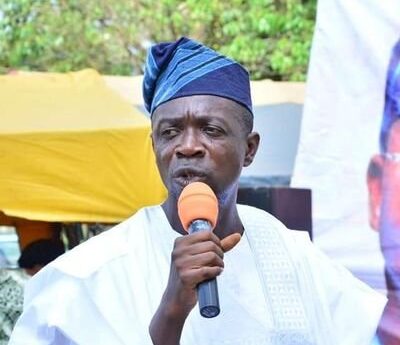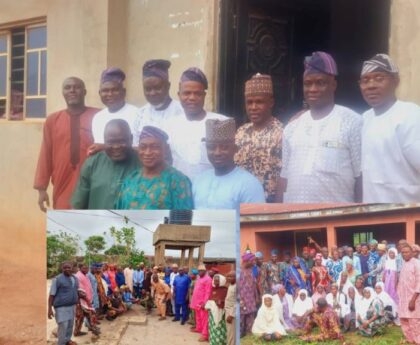By Oluwatosin Babatunde
The nomination of Professor Joash Amupitan as INEC Chairman comes at a critical juncture for Nigeria’s democracy. Concerns around electoral integrity, voter confidence, and institutional capacity have dominated national discourse in recent years, and Amupitan’s Senate screening offered a glimpse into the reforms he envisions for the country’s electoral process.
At the heart of his agenda is the establishment of an Electoral Offences Commission. Currently, INEC lacks the power to prosecute electoral offenders beyond its own staff—a gap that has often undermined accountability. Complementing this is his advocacy for a whistleblower policy, aimed at encouraging citizens to report fraud and malpractice. If implemented effectively, these measures could strengthen the rule of law in elections and rebuild public trust. Success, however, will hinge on clear legal frameworks and genuine operational independence.
Financial autonomy for INEC also featured prominently in Amupitan’s proposals. While the commission is funded through the First Line Charge, he highlighted that the envelope budgeting system slows decision-making and limits INEC’s ability to respond in real time. Greater fiscal independence could empower the commission to act decisively, provided that robust oversight mechanisms are in place to prevent misuse of funds.
Technology, too, plays a central role in his vision. Amupitan suggested leveraging drones and exploring electronic transmission of results from polling units. These measures promise efficiency and transparency, but their success depends on technical readiness, security safeguards, and above all, public confidence in the electoral process.
Equally important is his focus on civic education and stakeholder engagement. Electoral reform is not solely institutional; it is societal. Building trust requires that citizens, political parties, and civil society are informed, engaged, and confident that their participation truly matters.
Prof. Amupitan’s proposals reflect both ambition and pragmatism. They recognize structural weaknesses and modern electoral realities while offering a roadmap for improvement. The real test, however, will be in translating these ideas into concrete actions that enhance credibility, ensure fairness, and restore faith in Nigeria’s democracy.
Oluwatosin Babatunde is a Nigerian journalist, public commentator, and advocate of good governance. He can be reached at babatosin247@gmail.com





